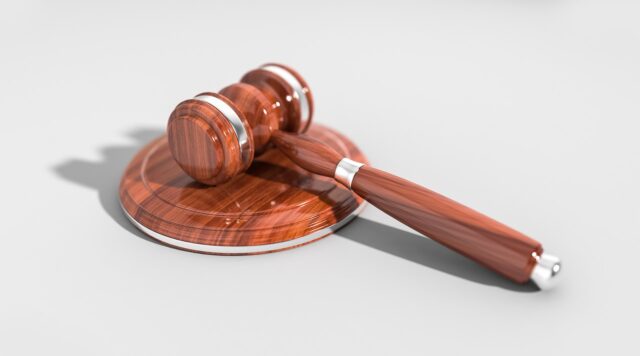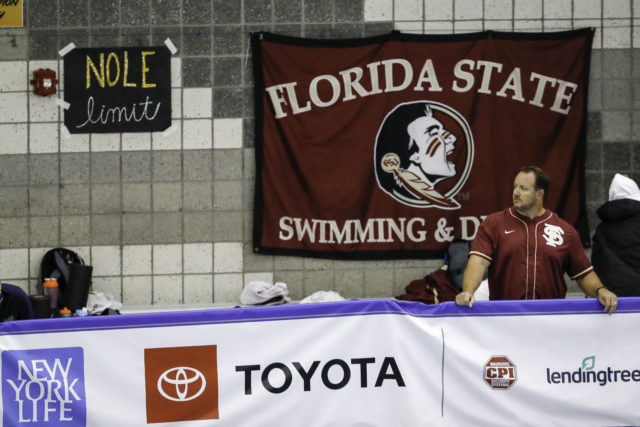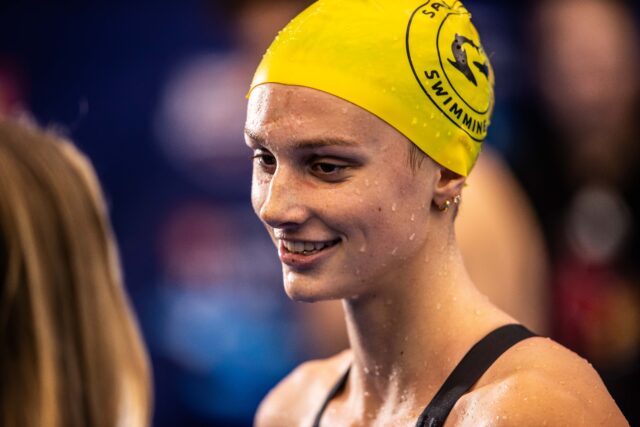
Special Contribution by Robbie Dickinson.
On Friday, Judge Clifton L. Corker of the United District Court of the Eastern District of Tennessee granted the State of Tennessee and the Commonwealth of Virginia’s motion for a preliminary injunction against the NCAA. By granting the preliminary injunction, the NCAA is prohibited from enforcing any restrictions on name, image, and likeness (NIL) until the conclusion of the case.
Specifically, the NCAA will not be permitted to enforce the NCAA Interim NIL Policy, the NCAA Bylaws, or any other rules that prevent student-athletes from negotiating compensation for NIL with any third-party entity, including boosters or NIL collectives. Additionally, the NCAA will not be able to enforce its “rule of restitution,” which punishes student-athletes that follow lower court rulings that are later reversed.
The case, filed back in January, was brought by the Attorney General of Tennessee and Virginia against the NCAA after it was reported the NCAA began investigating Tennessee for alleged NIL violations.
A preliminary injunction is “an extraordinary remedy that may only be awarded upon a clear showing that the plaintiff is entitled to such relief. In deciding whether to grant a motion for a preliminary injunction, the Court weighs four factors:
- Whether the movant (Tennessee/Virginia) has a strong likelihood of success on the merits;
- Whether the movant (Tennessee/Virginia) would suffer irreparable injury without the injunction;
- Whether the issuance of the injunction would cause harm to others; and
- Whether the public interest would be served by the issuance of the injunction.
In the 13-page opinion, Judge Corker wrote that the NCAA “fails to show how the timing” of student-athletes entering into NIL deals “would destroy the goal of preserving amateurism.” Recently, courts have been less likely to rule in favor of the NCAA’s go-to “amateurism” argument. In House v. NCAA, U.S. District Judge Claudia Wilken certified a class action lawsuit related to NIL back-pay and denied the NCAA’s motion to dismiss.
Judge Corker found irreparable harm and stated that a judgment in favor of Tennessee/Virginia will not make the student-athletes whole. “Without the give and take of a free market, student-athletes simply have no knowledge of their true NIL value,” Croker wrote. “It is this suppression of negotiating leverage and the consequential lack of knowledge that harms student-athletes.”
The Court further dismissed the NCAAs argument that the preliminary injunction “threatens to introduce immediate disarray into college athletics” because it is overly broad stating that the relief requires no more and no less than allowing student-athletes and prospective student-athletes to negotiate NIL deals with third parties.
This decision essentially allows pay-for-play to progress without limitation, subject to state law. While Judge Corker’s decision only applies to colleges within areas within the Eastern District Court of Tennessee (which covers most of East Tennessee and a portion of Middle Tennessee), the NCAA and other states are unlikely to enforce the rules while the injunction is in place because it would create recruiting disadvantages.
“Turning upside down rules overwhelmingly supported by member schools will aggravate an already chaotic collegiate environment, further diminishing protections for student-athletes from exploitation,” the NCAA said in a statement. “The NCAA fully supports student-athletes making money from their name, image, and likeness and is making changes to deliver more benefits to student-athletes, but an endless patchwork of state laws and courts make clear partnering with Congress is necessary to provide stability for the future of all college athletes.”
“The court’s grant of a preliminary injunction against the NCAA’s illegal NIL-recruitment ban ensures the rights of student-athletes will be protected for the duration of this case, but the bigger fight continues,” said Tennessee Attorney General Jonathan Skrmetti said. “We will litigate this case to the fullest extent necessary to ensure the NCAA’s monopoly cannot continue to harm Tennessee student-athletes. The NCAA is not above the law, and the law is on our side.”
The NCAA will almost certainly appeal the preliminary injunction, but did not expressly say so in their statement.
SwimSwam: Tennessee Judge Grants Preliminary Injunction Preventing Restrictions to NIL Activities

















You must be logged in to post a comment Login